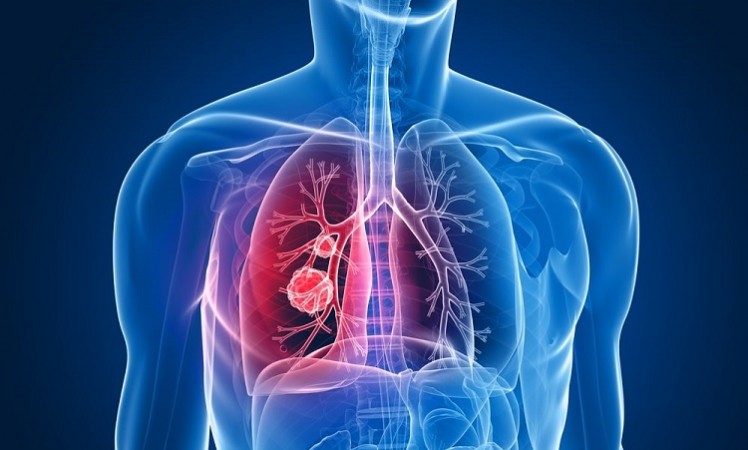
On World Lung Cancer Day, observed every August 1, we bring you eight simple and effective tips to reduce the risk of lung cancer and protect your lung health.
Lung cancer is a serious health concern that affects millions of people worldwide. It is primarily caused by smoking, but other factors like exposure to secondhand smoke, air pollution, and certain occupational hazards can also increase the risk. While not all cases can be prevented, adopting certain lifestyle changes can significantly lower the risk of developing lung cancer. In this article, we will outline eight essential tips to help reduce the risk of lung cancer.
Quit Smoking: The most crucial step in preventing lung cancer is to quit smoking if you are a smoker. Cigarette smoke contains numerous carcinogens and toxic chemicals that damage lung tissues and increase the risk of cancer development. Seek professional help, join support groups, or use cessation aids like nicotine patches or gum to increase your chances of successfully quitting.
Avoid Secondhand Smoke: Even if you don't smoke, exposure to secondhand smoke is harmful. It contains many of the same carcinogens found in cigarette smoke and can damage your lung cells over time. Stay away from areas where people smoke, especially in enclosed spaces, and ask family members and friends to refrain from smoking around you.
Protect Yourself from Environmental Hazards: Exposure to air pollutants and harmful chemicals can also contribute to lung cancer. Reduce your exposure to air pollution by avoiding busy roads during peak traffic hours and using air purifiers at home. If your workplace involves exposure to chemicals like asbestos or radon, follow safety guidelines and use appropriate protective gear.
Maintain a Healthy Diet: A well-balanced diet rich in fruits, vegetables, and whole grains can boost your immune system and reduce the risk of various cancers, including lung cancer. Incorporate foods high in antioxidants, such as berries, leafy greens, and citrus fruits, as they help neutralize free radicals that can damage your cells.
Engage in Regular Physical Activity: Staying physically active not only helps maintain a healthy weight but also reduces the risk of developing lung cancer. Aim for at least 150 minutes of moderate-intensity exercise or 75 minutes of vigorous exercise per week. Activities like walking, swimming, and cycling are great options.
Limit Alcohol Consumption:
Excessive alcohol consumption is associated with an increased risk of developing various types of cancer, including lung cancer. If you choose to drink alcohol, do so in moderation. For women, it's recommended not to exceed one drink per day, while men should limit their intake to two drinks per day.
Get Regular Check-ups and Screenings: Early detection is vital in improving the chances of successful treatment. If you are at a high risk of developing lung cancer due to a family history or smoking history, consider regular screenings, such as low-dose computed tomography (CT) scans. Consult with your healthcare provider to determine the appropriate screening schedule for your individual risk factors.
Create a Smoke-Free Home Environment: If you have children or live with family members, it's essential to create a smoke-free environment at home. Protecting young lungs from secondhand smoke can significantly reduce their risk of developing respiratory diseases and lung cancer later in life.
Lung cancer is a complex disease influenced by various factors, but there are practical steps you can take to lower your risk. By quitting smoking, avoiding secondhand smoke, protecting yourself from environmental hazards, maintaining a healthy lifestyle, and seeking regular screenings, you can make a positive impact on your lung health and overall well-being. Always remember that prevention and early detection play a crucial role in managing the risk of lung cancer, so prioritize your health and take the necessary steps to safeguard your lungs.